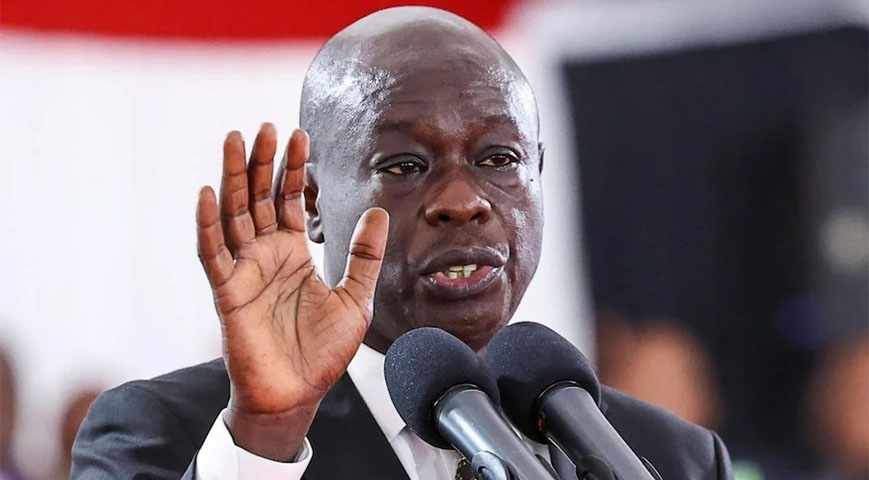The High Court of Kenya in Nairobi has declined to stop DP Gachagua's impeachment hearing by the senate.
While the Judge acknowledged that Gachagua raised valid concerns, he noted that legal precedent requires the court to exercise restraint in impeachment matters, despite having jurisdiction to intervene if there is a potential violation of the constitution.
DP Gachagua had petitioned the court to stop the impeachment trial scheduled for Wednesday, October 16, citing a violation of his right to a fair hearing during the parliamentary resolution on his impeachment.
The embattled DP had sought conservatory orders to restrain the senate from proceeding with the Impeachment scheduled 16,17, and possibly 18 of October.
Gachagua told court that the National Assembly in passing the Impeachment motion considered extraneous matters other than the grounds raised in the motion.
Did you read this?
The DP also claimed that the constitutional requirements for public participation were not properly followed.
He cited Keiyo South Constituency as an example, where the reported results showed that 43 people participated in the public consultation, yet 70 were listed as supporting the impeachment and 3 as opposing it. Gachagua argued that these figures defied logic, raising doubts about the integrity of the public participation process.
“It is implausible that an attendance of 43 people would produce 70 people in support that is 162% and 3 people in opposition” ruled justice Chacha Mwita.
According to the court, the Impeachment process of the Deputy President has already started at the Parliament and should be allowed to conclude its path.
“In our constitutional scheme, the people delegated the authority to state organs including parliament and Judiciary exercising the delegated authority only in accordance with the constitution.” Ruled Justice Mwita.
Justice Mwita said that the Kenyan Constitution is a constitution of hope and promise and that should the Deputy President feel that the senate never accorded him Justice, he can exercise his rights to pursue Justice through the Courts.
“It does not matter how far the process may have gone since no action is out of reach of our constitution.” Said Justice Mwita.









